As global election systems brace for the 2024 cycle, they face unprecedented threats from advancing AI technologies and escalating cybersecurity risks. These developments pose significant challenges to the integrity of democratic processes worldwide, including in India. This article explores the threats posed by AI and cybersecurity to election systems and outlines measures to counter these risks.
Deepfakes are highly realistic fake videos or audio recordings generated using AI algorithms like Generative Adversarial Networks (GANs). They can convincingly depict individuals saying or doing things they never did, posing severe risks to electoral integrity. The Indian elections have seen a rise in the deepfake audio, and videos being circulated over social media impersonating famous leaders. If left unchecked, it can sow the seeds of disharmony and disturb peace in the society.
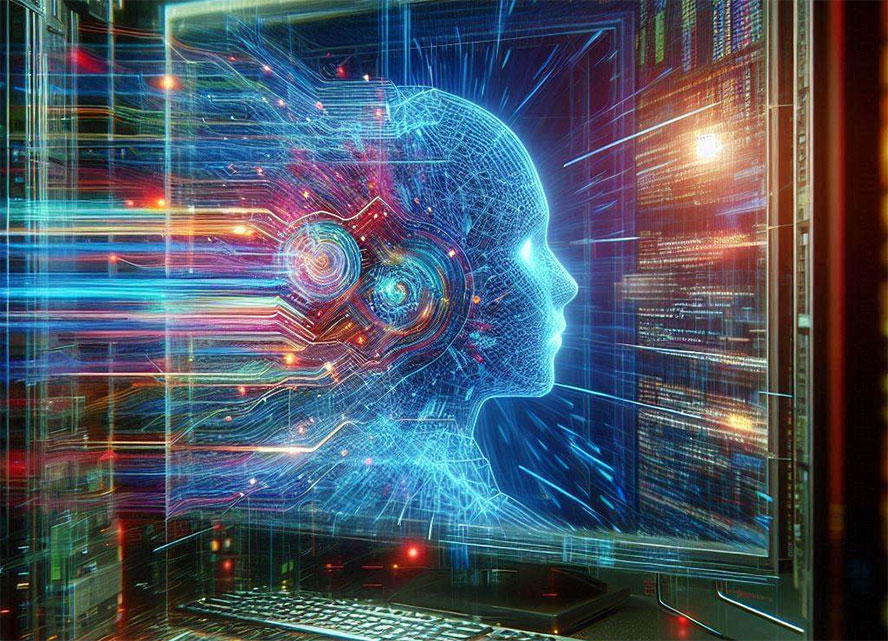
Election systems and campaigns are vulnerable to various cyber threats, including:
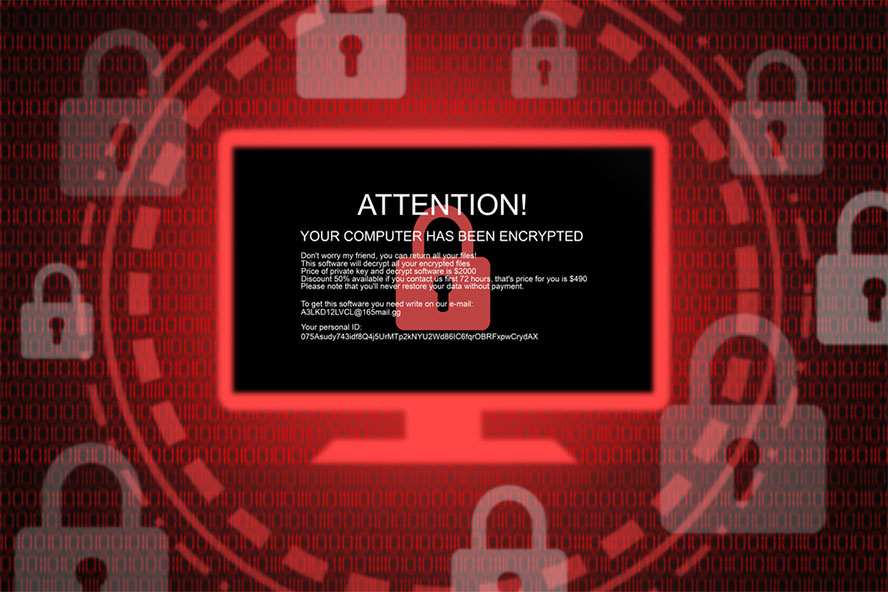
AI advancements have led to the creation of sophisticated bots capable of spreading misinformation. These bots can interact with users indistinguishably from humans, prolonging their influence and complicating detection efforts.
1. 2016 US Elections: Russian hackers allegedly breached the Democratic National Committee's servers, influencing public opinion.
2. 2017 French Presidential Election: Emmanuel Macron's campaign experienced a significant data breach, although preemptive measures mitigated the impact.
3. 2018 Aadhaar Data Breach in India: Exposed personal information of millions, highlighting cybersecurity vulnerabilities.
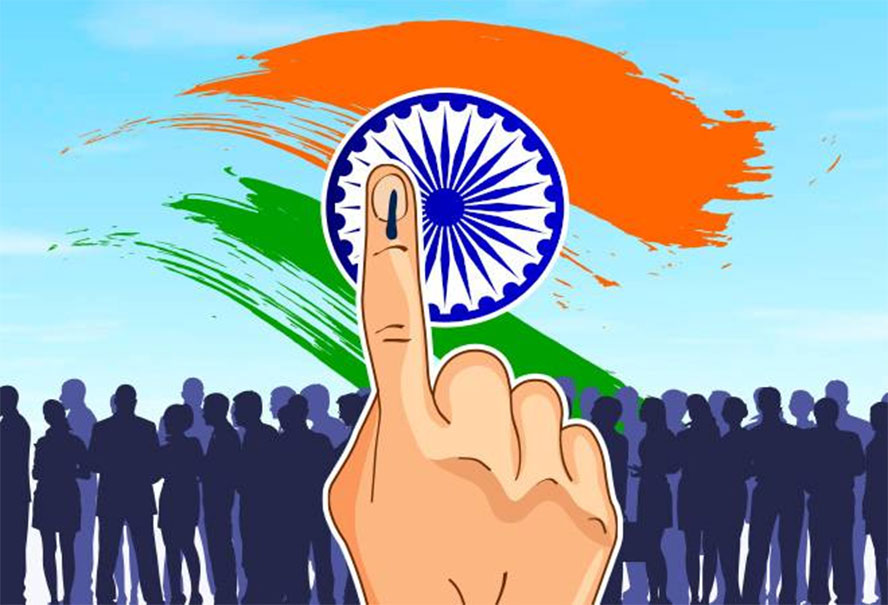
The Indian government and Election Commission are implementing several measures to counter such threats:
The 2024 elections worldwide, including in India, face significant threats from AI and cybersecurity risks. Addressing these challenges requires a comprehensive approach involving advanced detection technologies, robust cybersecurity practices, and public awareness initiatives. By leveraging these strategies, election systems can protect the integrity of the democratic process, ensuring fair and transparent elections.
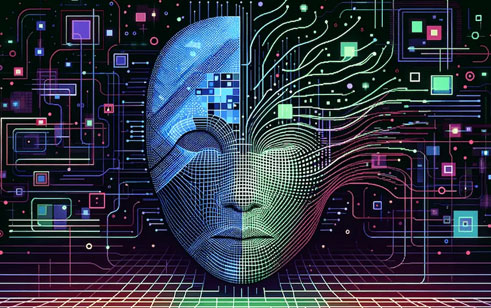
As global election systems brace for the 2024 cycle, they face unprecedented threats from advancing AI technologies and escalating cybersecurity risks.
Learn More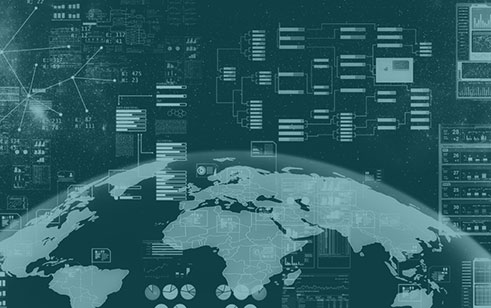
In the digital age, social media has ascended as the paramount platform for individuals to disseminate opinions, amplify concerns, polarize communities, and craft propaganda.
Learn More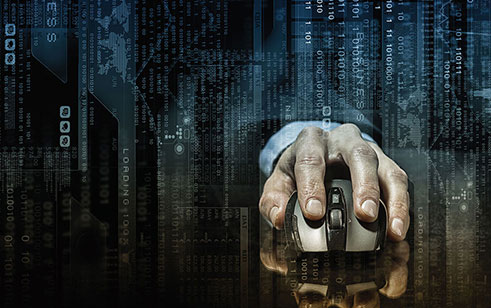
Social engineering attacks have emerged as a dominant method for cyber fraudsters to penetrate organizations.
Learn More
The banking, financial services, and insurance (BFSI) industries are undergoing a significant and rapid change driven by digitalization. This revolution is essential as organizations respond to evolving customer expectations, the need for superior business results, and increasing regulatory requirements.
Learn More
The World is growing at a rapid pace, and with that, advancements in information and communication technology are moving at a breakneck speed. In today's digital age, where information flows freely across the internet, the realm of law enforcement has undergone a unique transformation.
Learn More